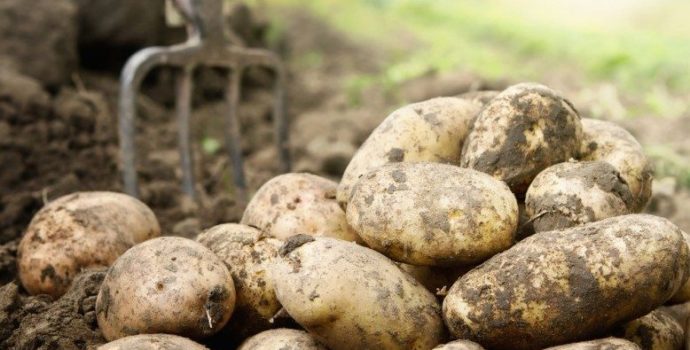IFA Welcome Bioenergy Scheme but Warn Increased Incentives Needed to Develop Market

IFA Alternative Land Use Chairman, J.J. Kavanagh welcomed Brendan Smith, Minister for Agriculture, Fisheries and Food recent announcement that the Bioenergy Scheme was open and accepting applications until the 19th January 2011.
The Bioenergy Scheme provides a 50% establishment grant for up to a maximum of €1,300 per hectare to support farmers to establish willow or miscanthus crops to supply into the bioenergy market.
Farmers have acquired a lot of experience since the Bioenergy Scheme launched in 2007, said Mr. Kavanagh. There have been some teething problems but due to the commitment and determination of the farmers involved many of these problems have been resolved.
Since the scheme launched nearly 3,000 hectares of bioenergy crops have been established and it is hoped that a further 1,800 hectares will be established by the end of 2011.
He advised farmers to have a secure local market for biomass product prior to planting. He warned that biomass is a low value, high-density product and its optimum market is within a 50km radius of the farm.
The bioenergy market has been slow to develop in Ireland, with the existing market composed of relatively small and fragmented installations. This is because the growth of the sector has been predominantly dependent on private sector investment with limited strategic planning, said Mr. Kavanagh
He said that even the Renewable Energy Feed in Tariff (REFIT), which eventually went to Brussels last week for approval after a delay of two years, is unlikely to provide sufficient incentive for farmers to diversify into bioenergy production at the scale that is required to satisfy Ireland’s targets.
For Ireland to meet its targets and transform the way we produce and use energy; it will require a comprehensive national strategy centred on improving incentives to stimulate the creation and adoption of technologies to make bioenergy cost-competitive.
He said that the reward is that the transition to a low carbon economy not only offers financial benefit but also promises to create thousands of new sustainable ‘green collar’ jobs. An estimated 4.3 million tonnes of biomass is required to satisfy Ireland’s 2020 Renewable Energy target, with less than half of the biomass resource currently available the opportunities are enormous if the right incentives are introduced




